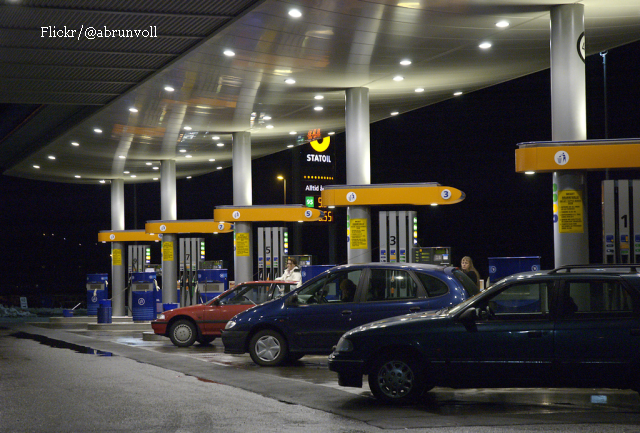The effects of an increased excise duty on fuels
The emergency ordinance passed by the Romanian government under which road haulers are returned part of the additional excise duty on fuel is reason of discontent for railway transporters who consider themselves discriminated against. In turn, the Romanian President reiterated, in a letter, his opposition to introducing this excise duty on fuels.

România Internațional, 03.04.2014, 13:24
The emergency ordinance passed by the Romanian government under which road haulers are returned part of the additional excise duty on fuel is reason of discontent for railway transporters who consider themselves discriminated against. In turn, the Romanian President reiterated, in a letter, his opposition to introducing this excise duty on fuels.
Initially scheduled for January 1st but postponed due to opposition by President Traian Basescu, the 7-eurocents-per-liter increase in the excise duty on fuel came into force on April 1st. A first effect was the increase in the price of petrol, diesel oil and kerosene by 0.4 lei per liter. However, road haulers will receive back 4 of the 7 eurocents, after the Romanian government passed an emergency ordinance in this respect. The measure targets the Romanian Post and those who transport goods and people, and the money is to be returned based on the invoice issued upon buying the fuel. The money will be returned on a quarterly basis. Prime Minister Victor Ponta explained:
Victor Ponta: “The scheme we have passed is in line with the European regulations which are already being applied in 6 countries and which provide for the possibility of reimbursing part of the excise duty. This is a state aid scheme for certified transporters”.
Farmers will also benefit from state aid for purchasing diesel oil used in agriculture. They will be returned almost 1.8 lei per liter of fuel. The measure to return part of the excise duty on fuel to road carriers is a reason of discontent for the railway transporters who claim their financial problems will get worse. The passenger division of the national railway company CFR needs between 50 and 55 thousand tons of fuel annually, Stefan Roseanu, a former manager of the railway company told Radio Romania:
Stefan Roseanu: “We will soon be forced to cancel some trains given the worsening of our financial situation, which will allow road carriers to introduce more buses and minibuses to replace our trains running on the same route”.
The Railway Transporters Association in Romania believes this blatant discrimination between railway and road traffic is amplified by the road tax, which as of 2005, was introduced in the excise duty on diesel oil used by locomotives. Therefore, indirectly, by paying this excise duty, the railway transport system has contributed to the building and modernization of highways and national roads, which are used by their competitors, the road carriers. According to the Railway Transporters Association, in some EU countries this tax is returned or is not imposed on railway transporters at all, while in those states that encourage ecological transportation, additional taxes are imposed for each kilometer covered on the road.






























